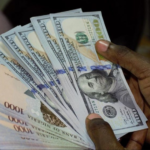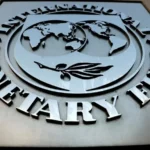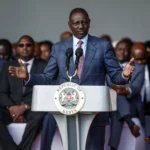The African Development Bank (AfDB) and the World Bank have committed $40 billion to halve Africa’s energy consumption and increase access to electricity by 2030.
The African Development Bank will commit $18.2 billion to Target 300, while the World Bank will commit $22 billion.
A total of 600 million people in Africa currently lack access to electricity, accounting for more than 80% of the global electricity supply.
The financing will be used to improve energy infrastructure across the continent to increase energy efficiency and promote green energy production.
- Advertisement -
“The reason we are investing so much is to ensure that governments can implement policy changes, and we will provide them with funding to ensure that policy changes are implemented,” World Bank Group President Adjaye Banga said on Monday. “This is the same idea as working with the IMF to help these countries create financial space by accessing stable income and security,” Banga added.
The conference is expected to produce two key outcomes: the Dar es Salaam Energy Declaration, which outlines African governments’ commitments and strategies to transform their energy systems, and the first national Energy Agreements, a framework that sets specific targets and timeframes for reform.
In the first phase, 12 countries will submit energy agreements: Chad, Ivory Coast, Democratic Republic of Congo, Liberia, Madagascar, Malawi, Mauritania, Niger, Nigeria, Senegal, Tanzania, Africa and Zambia. Other African countries are expected to develop their protocols in the future.
“This is not about us, it is about the people who are not here, and we have to listen and make sure that this is a working meeting… We cannot be in a vacuum.” “There is a strong ‘famine in Africa’” Dr. Akinwumi Adesina, President of the African Development Bank, addressed the participants, which included a large number of African heads of state, energy leaders, international development partners, big business, civil society organizations and foundations.










